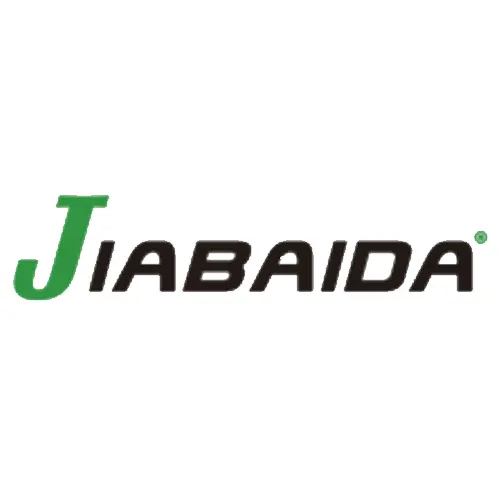JBD vs JK BMS : Comparing BMS Giants
Comparing BMS Giants: JBD vs JK BMS
In the world of Battery Management Systems (BMS), two names often come up as leading the pack: JBD and JK BMS. Both brands have carved significant niches for themselves in the energy storage and management industry, catering to a wide array of applications from electric vehicles (EVs) to stationary energy storage systems. This article aims to shed light on the similarities and differences between JBD and JK BMS, helping you to make an informed decision on which BMS brand might be the best fit for your specific needs.


Background and Reputation
JBD, short for Jiabaida, has earned a reputation for its high-performance, smart BMS solutions. The company focuses on the integration of advanced technology to ensure the safety, efficiency, and longevity of lithium batteries. JBD’s innovative approach towards battery management has made it a favorite among high-tech applications, including aerospace, electric vehicles, and high-capacity energy storage systems.
JK BMS, on the other hand, is known for its robust and reliable battery management solutions that cater to a wide range of lithium battery applications. With a strong emphasis on research and development, JK BMS prides itself on delivering products that are not only cutting-edge but also customizable to fit the specific needs of their clients. Their BMS solutions are popular in EVs, portable electronics, and renewable energy storage systems.
Product Range and Capabilities
JBD
JBD’s product lineup is impressive, focusing on smart BMS solutions that are adaptable to various battery types, including LiFePO4, NMC, and LTO chemistries. Their BMS products often come with features such as:
- High precision measurements for voltage, current, and temperature
- Advanced algorithms for state of charge (SOC) and state of health (SOH) estimations
- Wireless communication capabilities for monitoring and control
- Enhanced safety features, including short circuit, overcharge, and deep discharge protection
JK BMS
JK BMS offers a wide variety of BMS solutions designed to meet the demands of different battery applications. Their products stand out for:
- Flexible configuration options for series and parallel connections of battery cells
- Comprehensive data monitoring and logging features
- Strong emphasis on safety with multiple protection layers against overvoltage, undervoltage, overcurrent, and overheating
- Compatibility with various communication protocols for easy integration into existing systems
Technology and Innovation
JBD tends to emphasize the integration of AI and smart technologies into their BMS to enhance performance and safety. Their approach includes predictive analytics for maintenance and fault detection, which can significantly extend the lifespan of battery systems.
JK BMS, while also innovative, focuses more on the robustness and reliability of their systems. Their BMS are built to withstand harsh environments and conditions, ensuring consistent performance and safety across a broad range of applications.
Customer Support and Customization
Both JBD and JK BMS provide extensive customer support and offer customization options to meet specific client needs. However, JBD takes a slightly more bespoke approach, working closely with clients to develop custom solutions that integrate seamlessly with their existing technology and applications.
JK BMS, while offering customization, tends to have a more standardized product line, making it easier for clients to select and integrate BMS solutions without the need for extensive customization.
Conclusion
Choosing between JBD and JK BMS ultimately depends on your specific needs, application requirements, and preferences. If you prioritize cutting-edge technology, smart features, and customization, JBD might be the right choice for you. On the other hand, if you’re looking for robustness, reliability, and a product that’s easy to integrate into a variety of applications, JK BMS could be the better fit.
Regardless of your choice, both brands offer high-quality BMS solutions that can enhance the performance and safety of your battery systems. The key is to carefully consider your requirements and make an informed decision based on the strengths of each brand.
